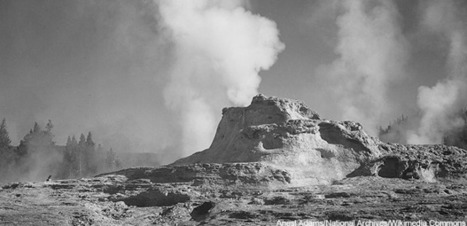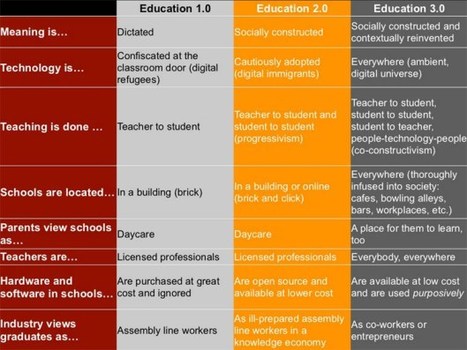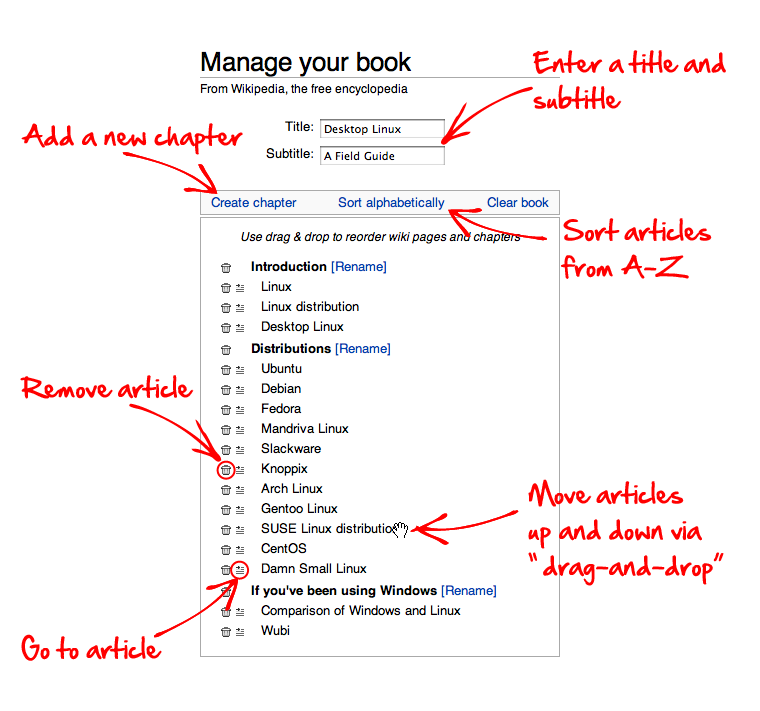By Stephanie Kanowitz "Since 2011, the National Archives and Records Administration has uploaded more than 100,000 digitized records. To maintain the effort, the agency is working to develop new technology with the help of Wikipedia and the public.Specifically, volunteers are working with NARA on Narabot, an upload script to port images to Wikimedia Commons, a sister project to Wikipedia and a repository of free media.[...]
However, archivists don't choose and upload images themselves. They are developing a workflow so that digitized records can flow from NARA's online catalog to the Commons.
They are developing a workflow so that digitized records can flow from NARA’s online catalog to the Commons. The agency has billions of analog textual records that have yet to be archived, so this effort will also help bring them online."
Via Karen du Toit



 Your new post is loading...
Your new post is loading...














